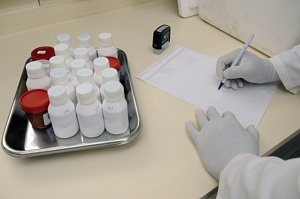Whether you are a parent of a young child or of a college student, back to school is an important transition for you and your children. It represents a...
About the Author
Elaine Brisebois
Elaine is a Certified Nutritionist and Women’s Health Coach. She works with clients across the globe to help them improve their health and relationship with food. Elaine believes in a real food approach to health that is rooted in optimizing digestion and includes ongoing and intelligent cleansing. You can download her FREE Hip, Healthy & Holistic Makeover Guide to learn 5 simple things you can do every day to lose weight, increase energy, kick cravings, and feel beautiful inside & out.
You can find her on facebook, twitter, pinterest and instagram.


 In addition to natural sunlight, artificial lights such as those emitted from screens (phones, computers) and digital alarm clocks can be strong enough to disrupt the normal production of melatonin, making it imperative to shut down all devices well before bedtime and to ensure our sleeping environment is completely dark.
In addition to natural sunlight, artificial lights such as those emitted from screens (phones, computers) and digital alarm clocks can be strong enough to disrupt the normal production of melatonin, making it imperative to shut down all devices well before bedtime and to ensure our sleeping environment is completely dark. When it comes to sleep troubles, melatonin can be helpful for the following scenarios:
When it comes to sleep troubles, melatonin can be helpful for the following scenarios:

